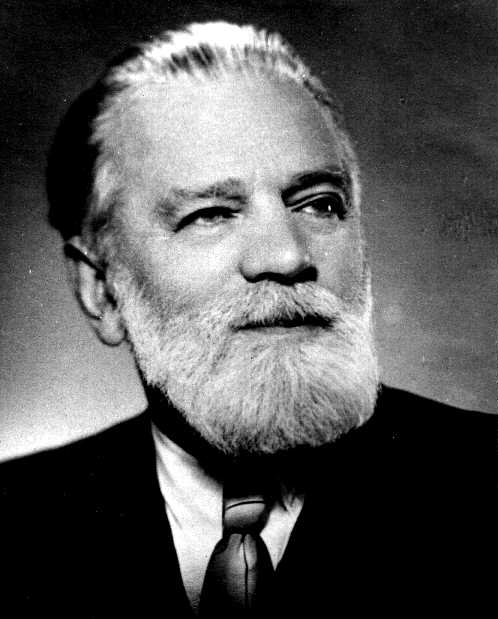
Born: June 5, 1888 in Odessa,
Died: June 26, 1959 in Leningrad

Born: June 5, 1888 in Odessa,
Died: June 26, 1959 in Leningrad
|
The activities of Gregory Fikhtengol'ts (Fichtenholz) in Leningrad University continued for more than forty years. Almost all Leningrad mathematicians were to some extent his pupils. Among those who attended his lectures were S.L.Sobolev, L.V.Kantorovich, P.Ya.Polubarinova-Kochina, V.A.Ambartsumian, S.A.Khristianovich, D.K.Faddeev, I.P.Natanson, B.A.Venkov, S.M.Lozinsky, B.Z.Vulikh, N.P.Erugin, M.K.Gavurin, A.G.Pinsker, N.A.Lebedev, and many other outstanding Soviet mathematicians. The Chair of Mathematical Analysis founded by Fikhtengol'ts still includes a number of his pupils. Fikhtengol'ts headed it till his forced retirement in 1953.
Fikhtengol'ts founded the Leningrad school of the theory of functions of real variables. The history of this school goes back to his Master thesis on the theory of integral (1918). A series of papers on the metrical theory of functions made him one of the leading mathematicians working in this area. Fr. Riesz, G. Vitali, Ch. La Vallee Poussin were among his foreign correspondents during that years. A joint work of Fikhtengol'ts and L.V.Kantorovich
initiated in 1934 the research of the Leningrad school on the functional
analysis. At that time Fikhtengol'ts published several papers which were
notable by an unusual (for that time) setting of the problem. Namely, he
studied functionals which were continuous with respect to the essentially
nonmetric convergence. Further development of the functional analysis confirmed
the importance of such research. The seminar on functional analysis headed
by Fikhtengol'ts and L.V.Kantorovich worked at the University for many
years and played the role of the center of Leningrad research in
functional analysis.
Brilliant lectures of Fikhtengol'ts concealed a lot
of work. After forty years of teaching he still spent many hours on preparing
his lectures, on thinking over each word. He had the same attitude to examinations.
Fikhtengol'ts was an excellent examiner, both severe and friendly. He listened
intently to a student, without missing a word, however incoherent and confused
was the answer. Extraordinary conscientiousness, efficiency and a sense
of responsibility complemented his talent and were his most characteristic
features.
|